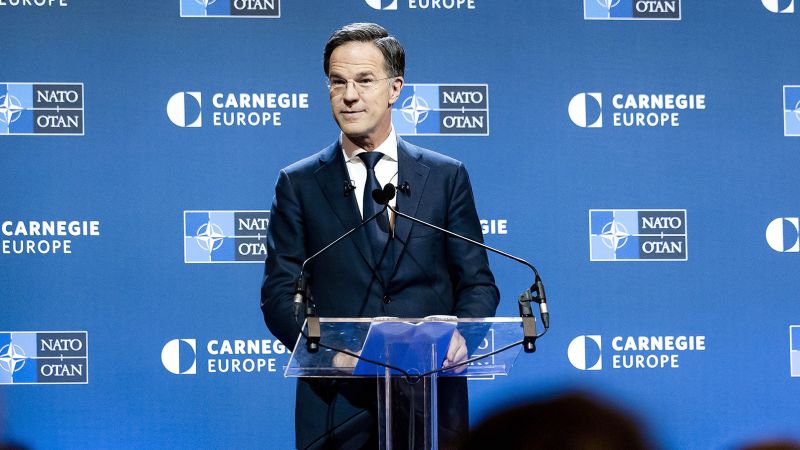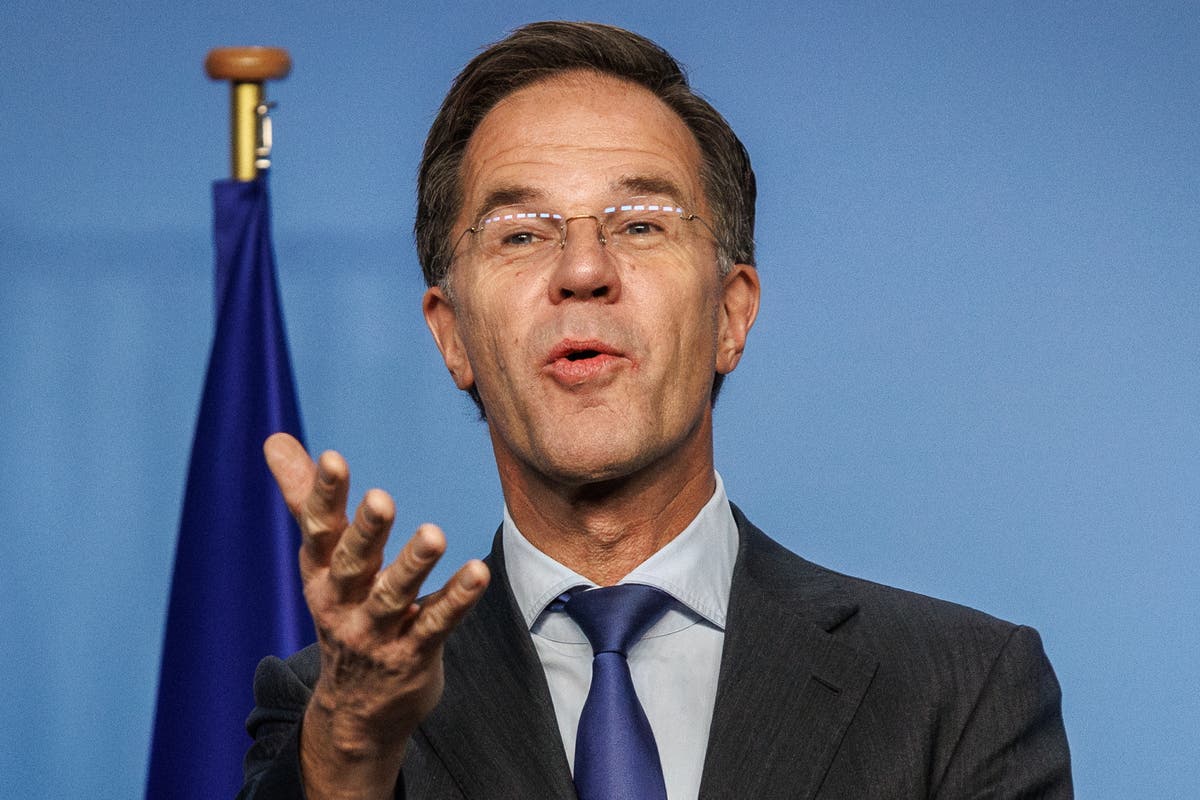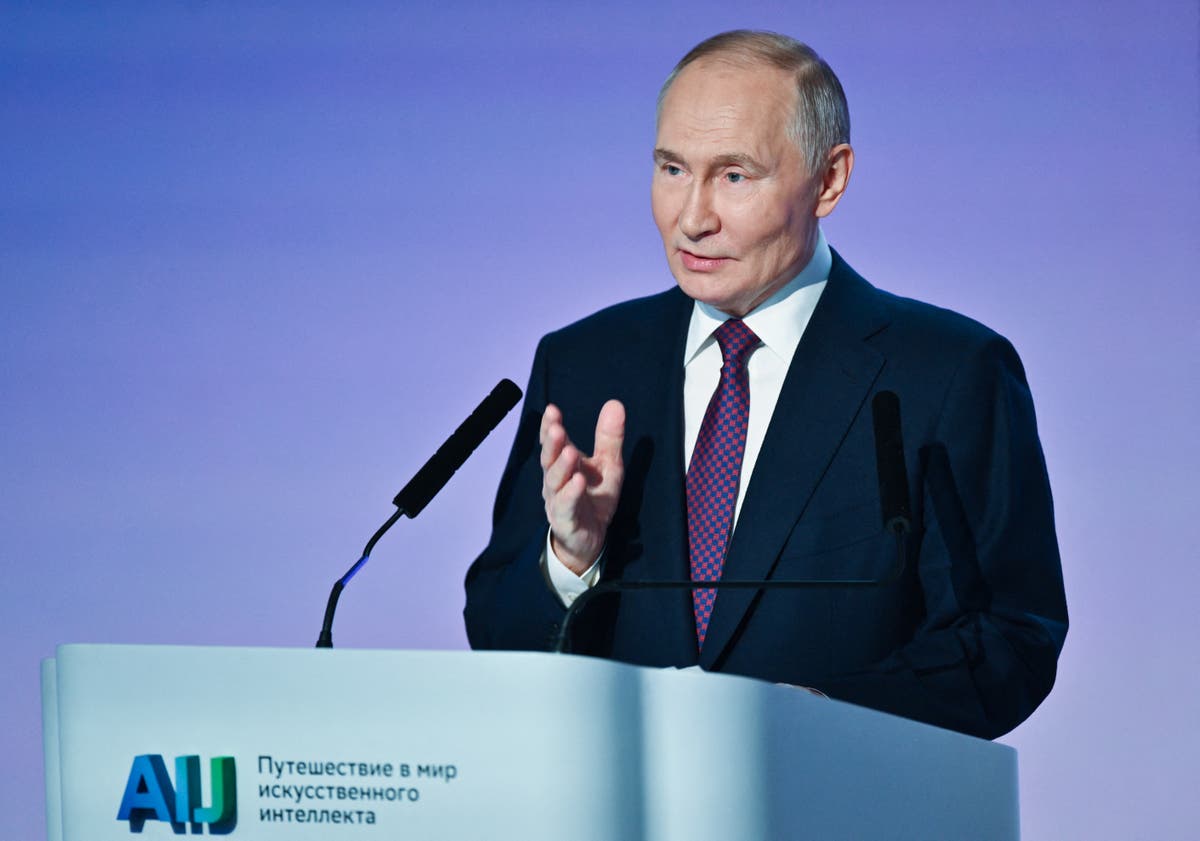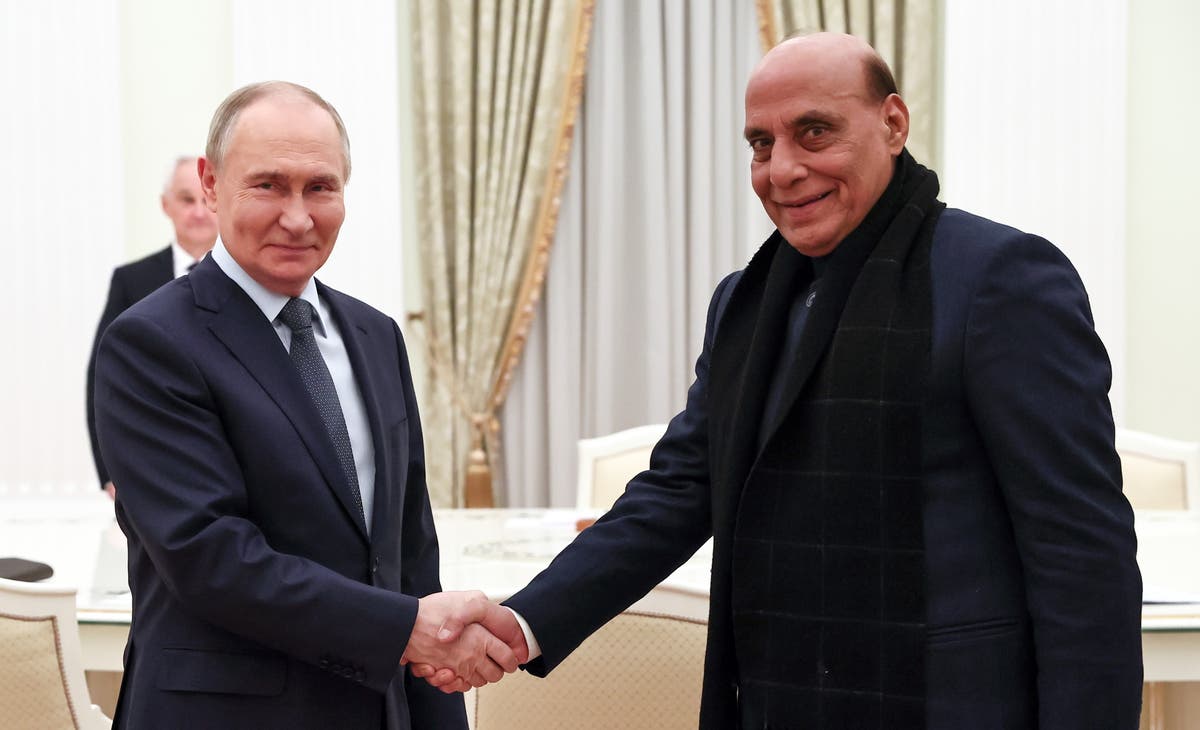
Biden’s escalating aid to Ukraine reflects a sea change in U.S. foreign policy
LA TimesPresident Biden delivers remarks on the Russian invasion of Ukraine at the White House on Thursday. “Our policy is unequivocal that we will do whatever we can to help Ukraine succeed,” Biden’s national security advisor, Jake Sullivan, said in a TV interview. “At the end of the day, what we want to see is a free and independent Ukraine a weakened and isolated Russia.” The administration’s attitude was also hardened, he added, by “what the Russians have done, frankly — killing civilians, atrocities, war crimes.” More broadly, Biden’s commitment to Ukraine appears to signal the end of a period of retrenchment in which Presidents Obama and Trump sought to disengage from the military entanglements launched by President George W. Bush. “What puts an end to retrenchment is almost always some sort of shock,” he told me last week, something that “makes people think that downsized policies, however desirable they might have seemed a few years earlier, just won’t cut it in a more dangerous world.” “Putin’s war has been exactly that sort of mind-focusing stimulus, and its effects are likely to be lasting ones,” he said. If he’s right, the broader effects of the Ukraine crisis could include a Cold War-style division of the world into two blocs, one led by the United States, the other by China and Russia; long-term pressure from Congress for higher defense spending; and perhaps even a modest revival of bipartisanship in foreign policy.
History of this topic

Biden's foreign policy legacy
NPR
Trump says it was ‘stupid’ for Biden to let Ukraine use U.S. weapons to strike deeper into Russia
LA Times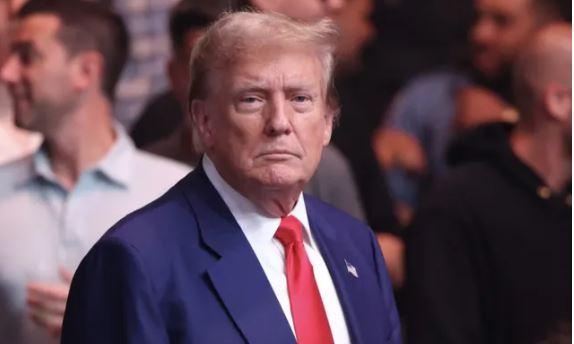
Trump vehemently opposed to Ukraine firing missiles deep into Russia
Deccan Chronicle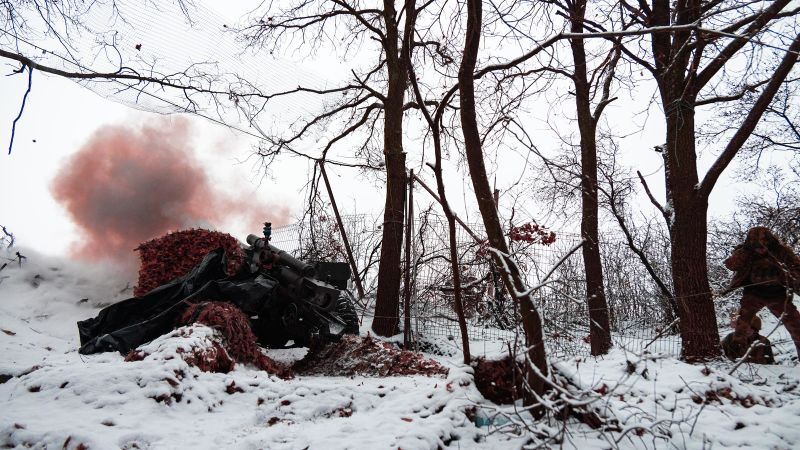
Biden admin says it is surging deliveries to Ukraine as Trump criticizes decision to allow US weapons to strike inside Russia
CNN
Biden admin says it is surging deliveries to Ukraine as Trump criticizes decision to allow US weapons to strike inside Russia
CNNThe Trump and Biden teams insist they’re working hand in glove on foreign crises
Associated Press)
Trump effect: Biden rushes in aid to Ukraine as it jostles with Russia for stronger seat on talks table
FirstpostBiden is rushing aid to Ukraine. Both sides are digging in. And everyone is bracing for Trump
Associated Press
Biden administration unveils new $988m US military aid package for Ukraine
Al Jazeera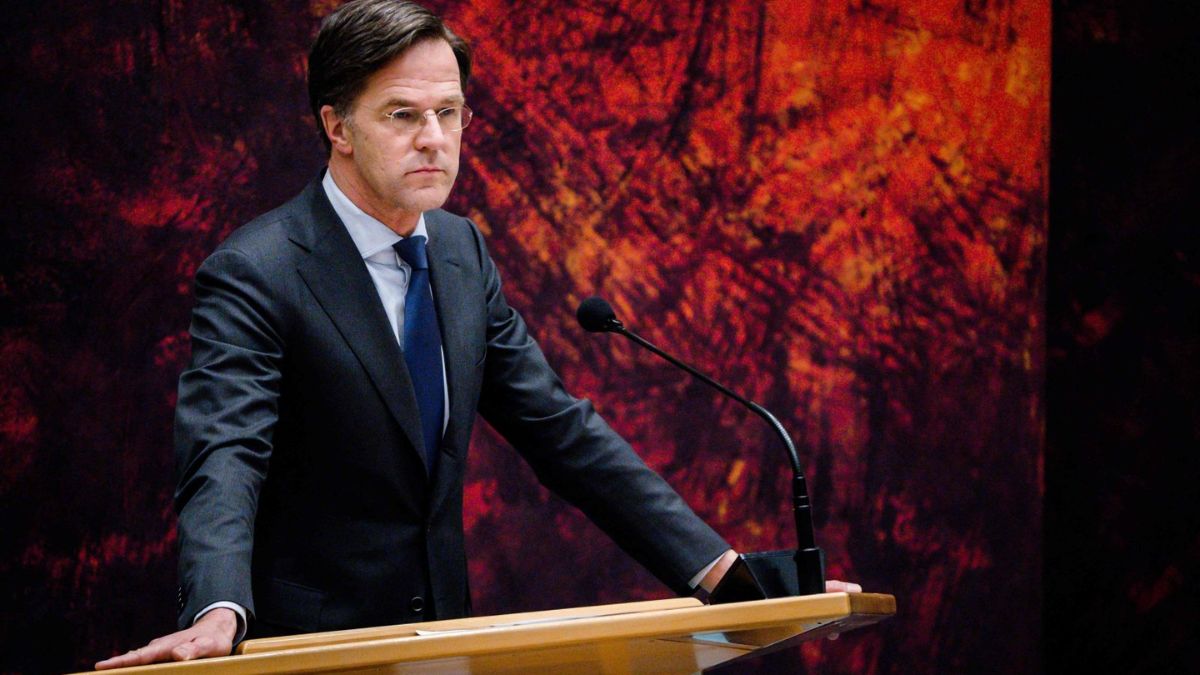)
US to face 'dire threats' if Ukraine is made to accept Russia's terms, Nato chief warns Trump
Firstpost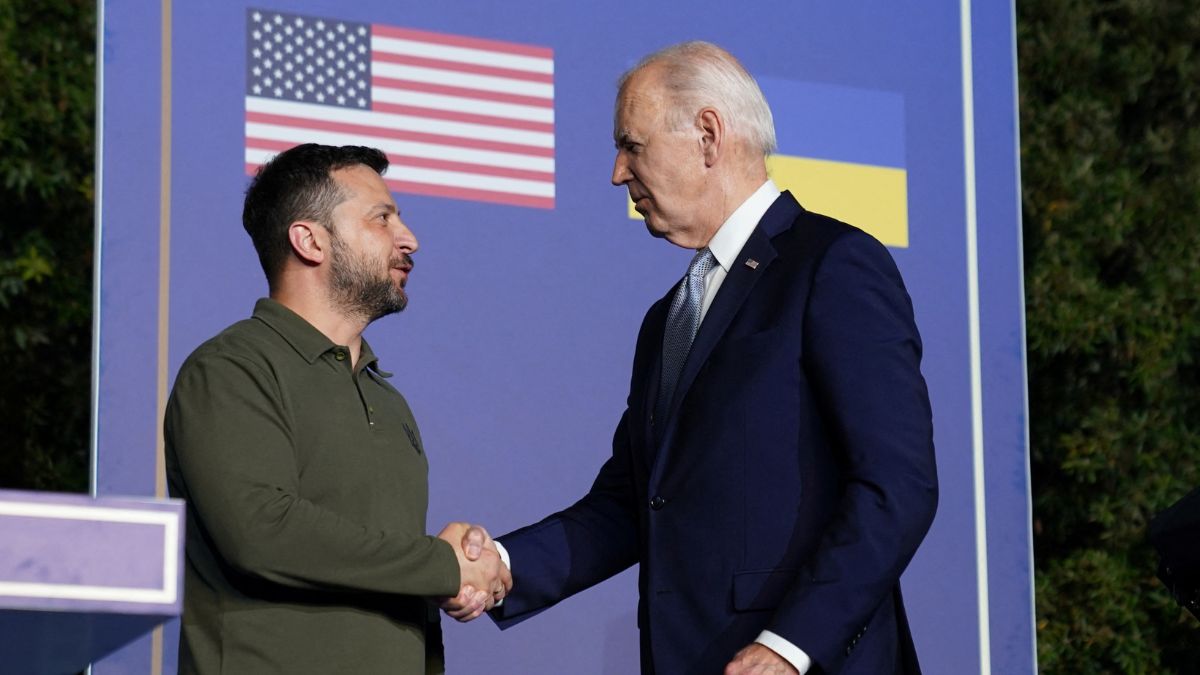)
Before Trump comes in, Biden sends $725 mn more in arms to Ukraine
Firstpost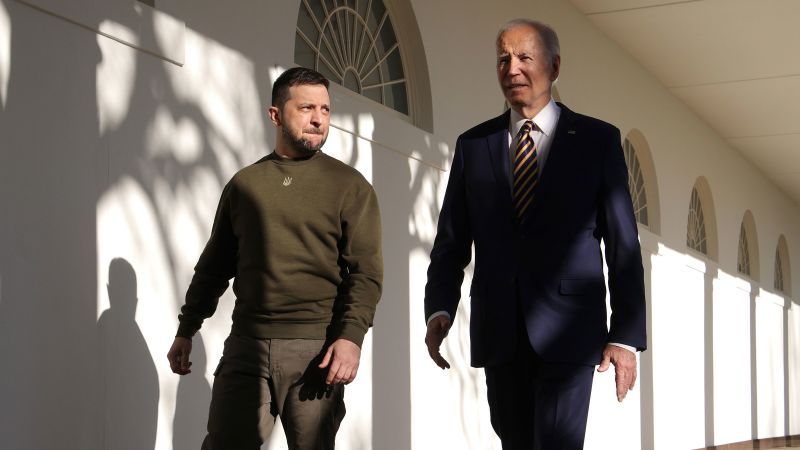
Biden trying to ‘put Ukraine in the strongest possible position’ with new aid package, White House says
CNN
Opinion: Biden should arm Ukraine to the teeth to prepare for the best negotiated peace
LA Times
Trump trashed Biden's foreign policy — but his could be largely the same: NYT
Raw Story
‘Most dangerous stage’: The view from Russia as Ukraine war escalates
Al Jazeera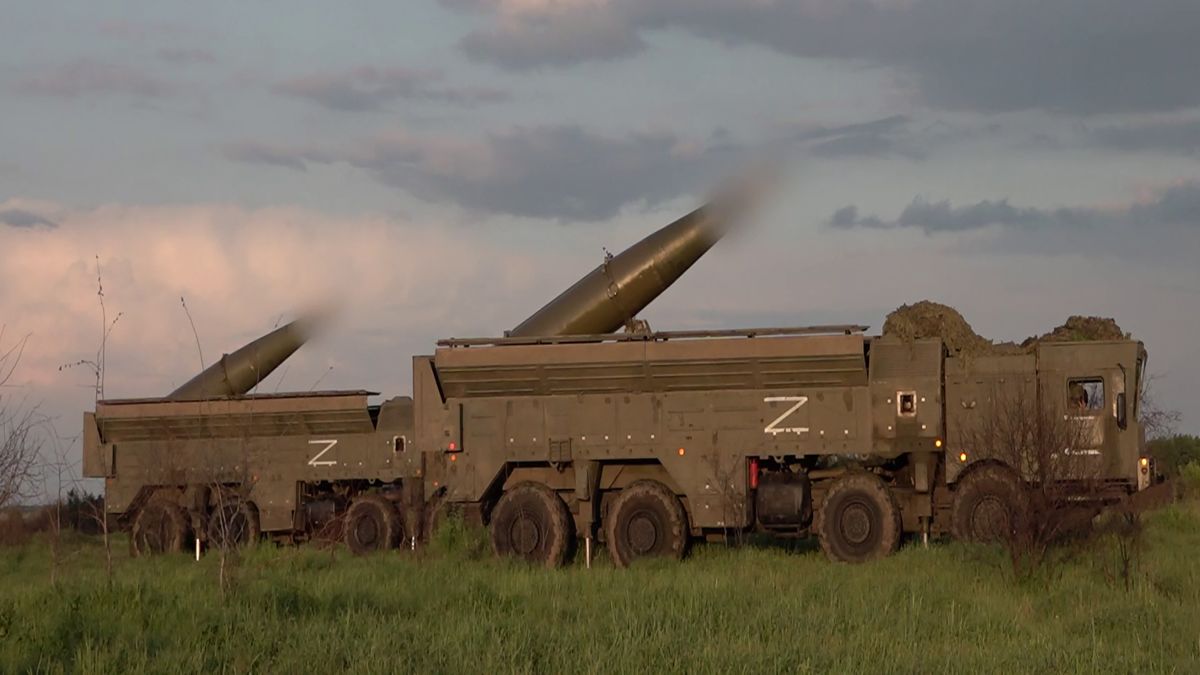)
How a ‘missile war’ will land Ukraine in greater mess
Firstpost
US drastic decisions in Ukraine risk widening the conflict
China Daily
Aiding Ukraine has been cheap. Caving to Russia would be far more costly
LA Times
US drastic decisions in Ukraine risk widening the conflict
China Daily
US drastic decisions in Ukraine risk widening the conflict
China Daily
US drastic decisions in Ukraine risk widening the conflict
China Daily
Russia threatens WWIII and a US base attack as Biden stays silent and Kamala Harris vacations in Hawaii
Daily Mail
Russia vows response against US missiles
China Daily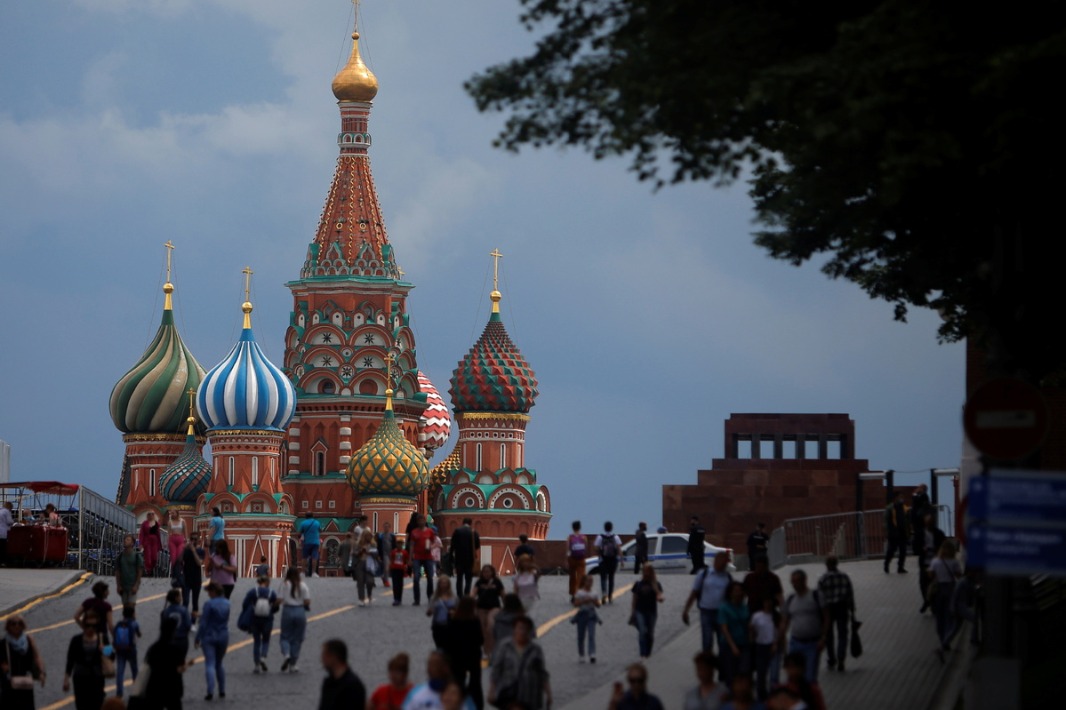
Russia vows response against US missiles
China Daily
Russia vows response against US missiles
China Daily
Putin opens door to Donald Trump’s peace deal but Ukraine must make huge concessions; will Zelenskyy accept the plan?
Live Mint)
While leaving, Biden has brought the world to the brink of a catastrophic nuclear war just to spite Trump
Firstpost
Biden has pivoted to allow Ukraine to use US missiles in Russia. Why now?
Al Jazeera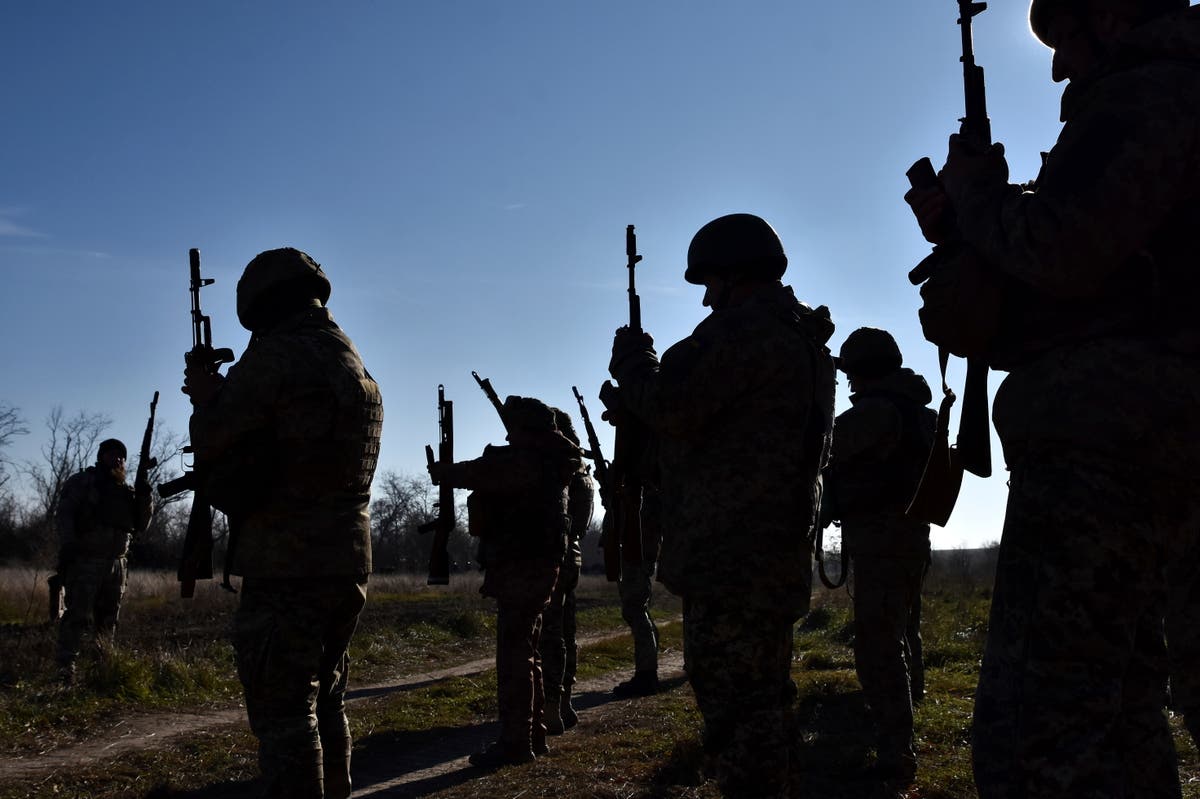
US will send Ukraine at least $275 million in new weapons in push to bolster Kyiv before Trump
The Independent
Team Trump assails Biden decision on missiles for Ukraine
Raw Story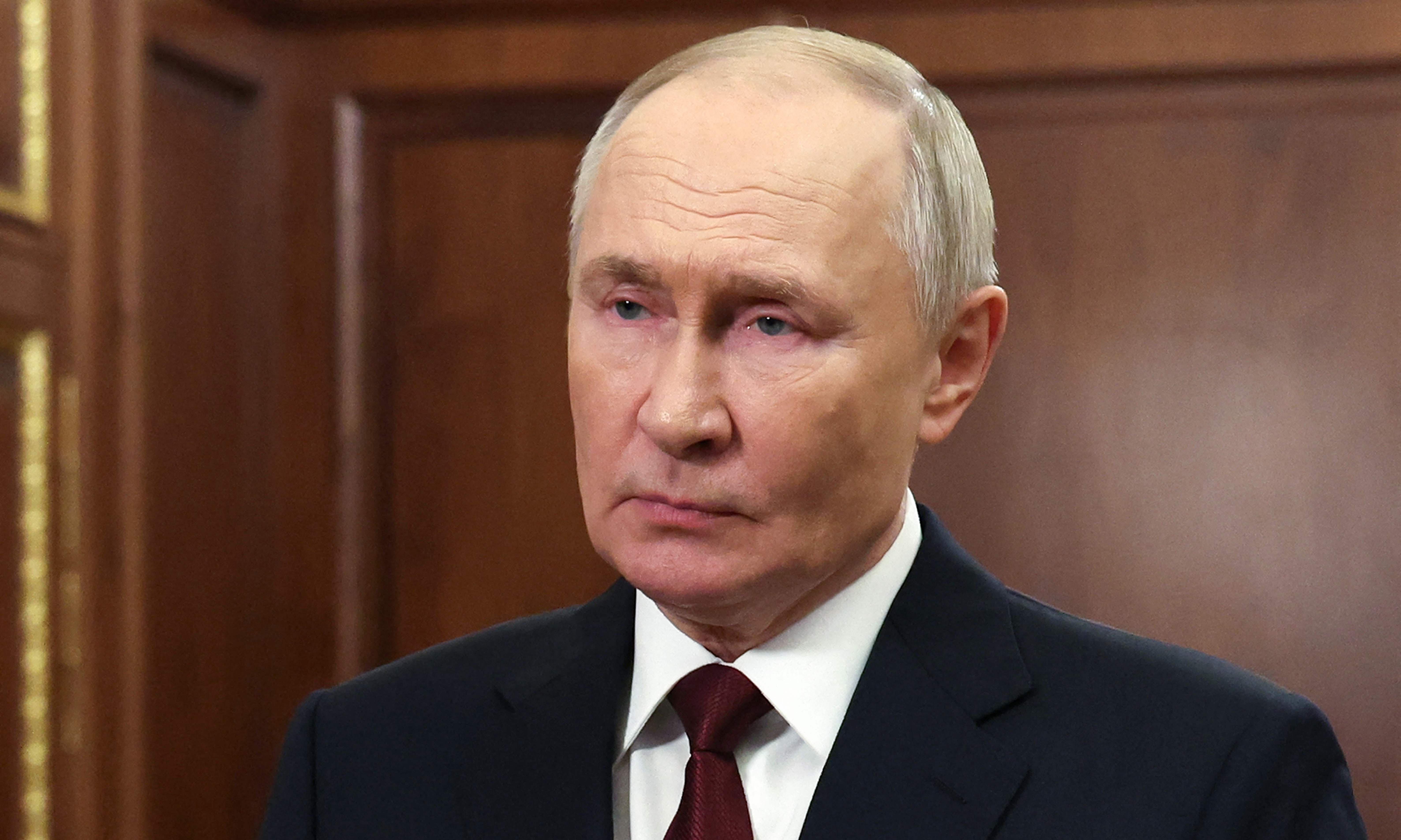
Putin signs new Russian nuclear doctrine after Biden's arms decision for Ukraine
Deccan ChroniclePutin lowers the threshold for using his nuclear arsenal after Biden’s arms decision for Ukraine
Associated Press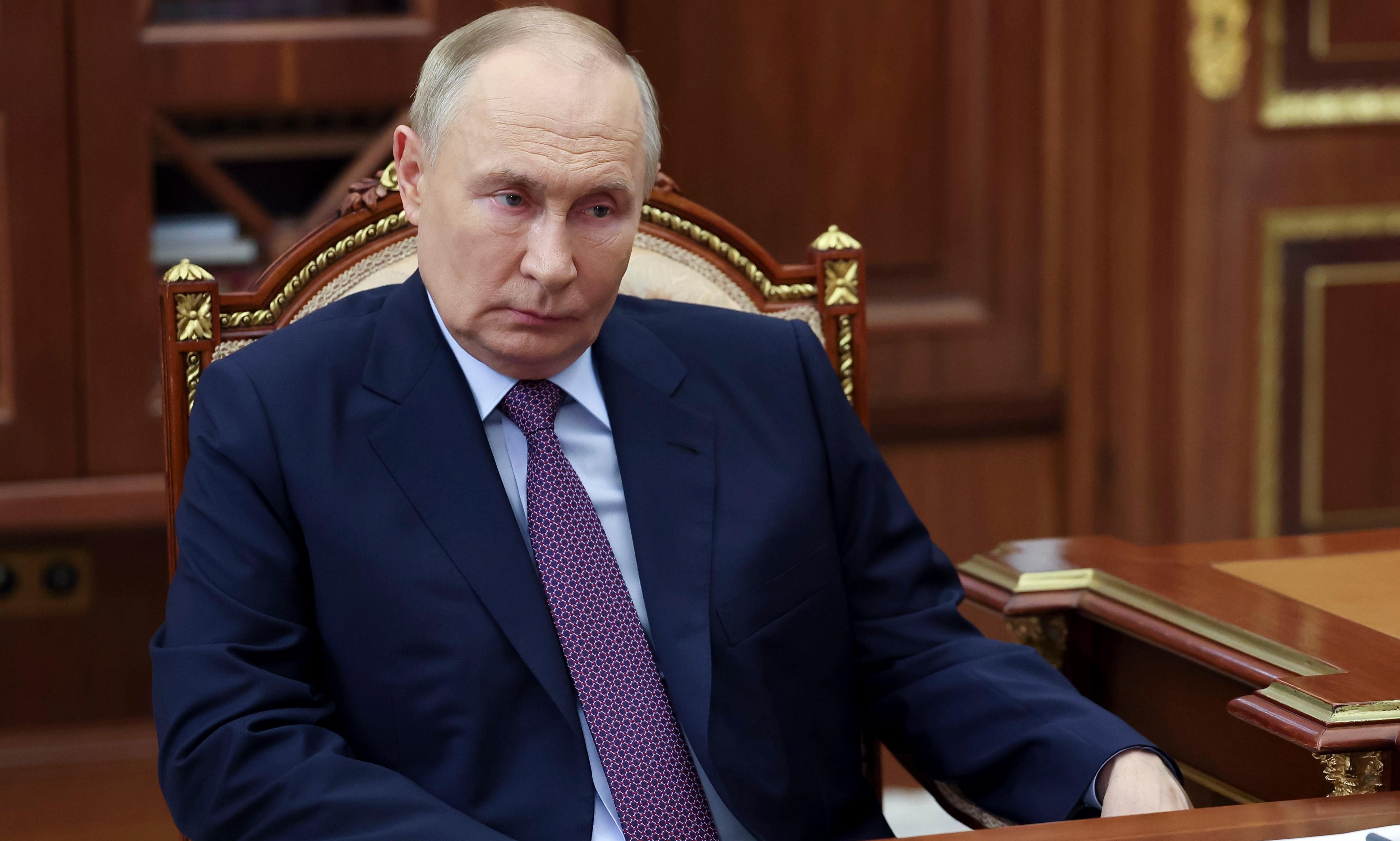
Kremlin vows response if Ukraine fires US missiles into Russia
Deccan Chronicle
Kremlin warns US over missile decision
China Daily
Russia revises nuclear doctrine as US allows Ukraine to use American missiles
India Today
Putin signs new Russian nuclear doctrine after Biden's arms decision for Ukraine
New Indian Express
Kremlin warns US over missile decision
China Daily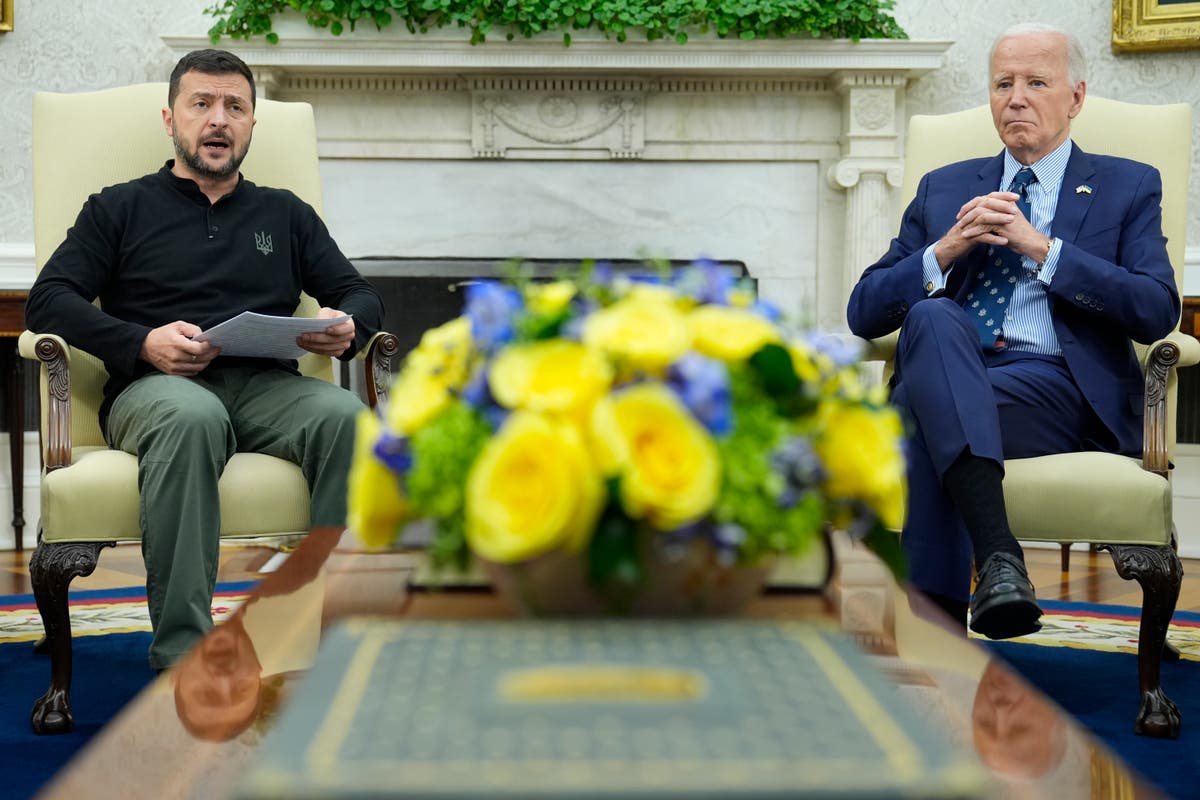
At last Biden is taking real steps to help Ukraine – but is it too little too late?
The Independent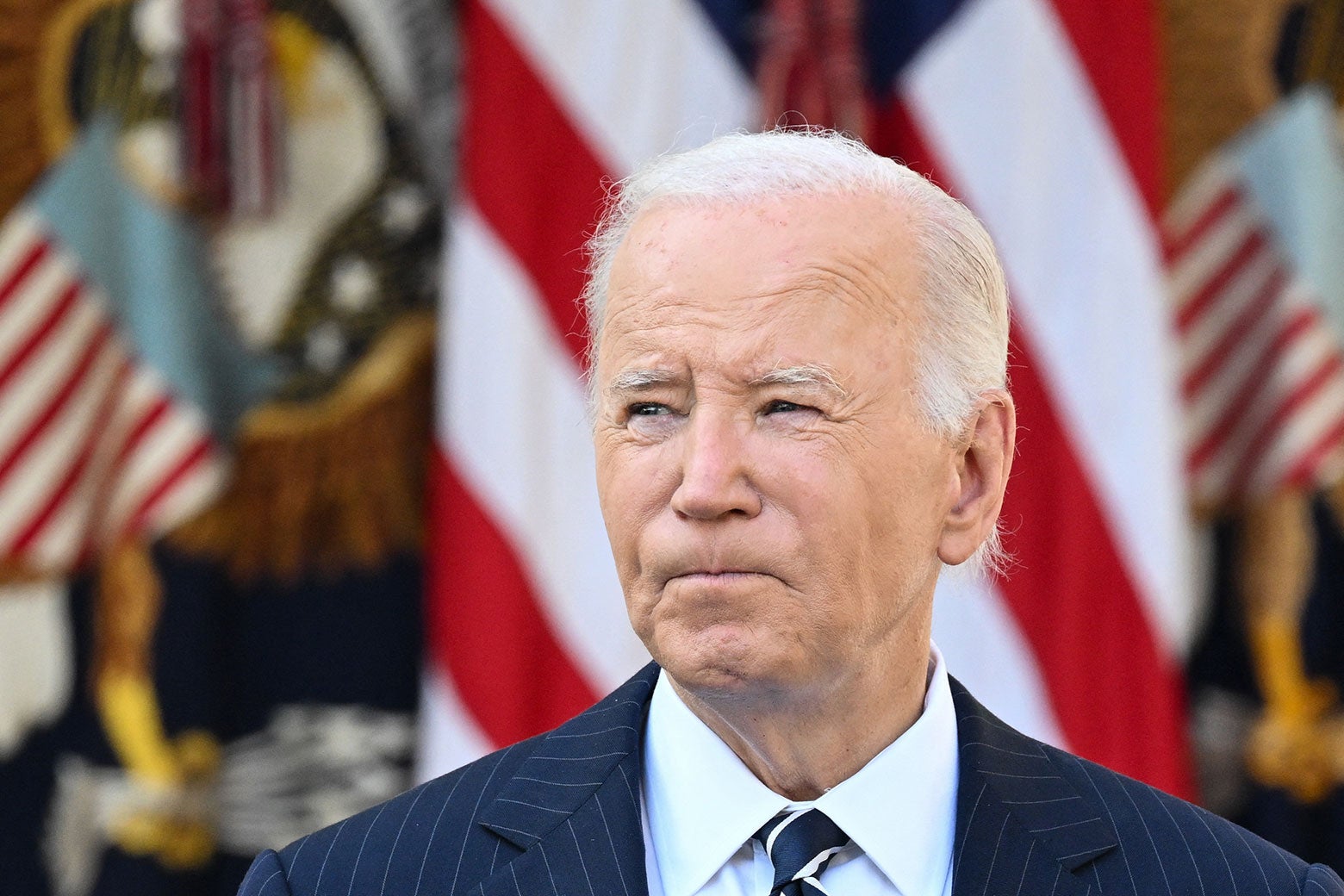
Biden Ukraine missiles: Trump’s win has changed the White House calculus on Putin.
Slate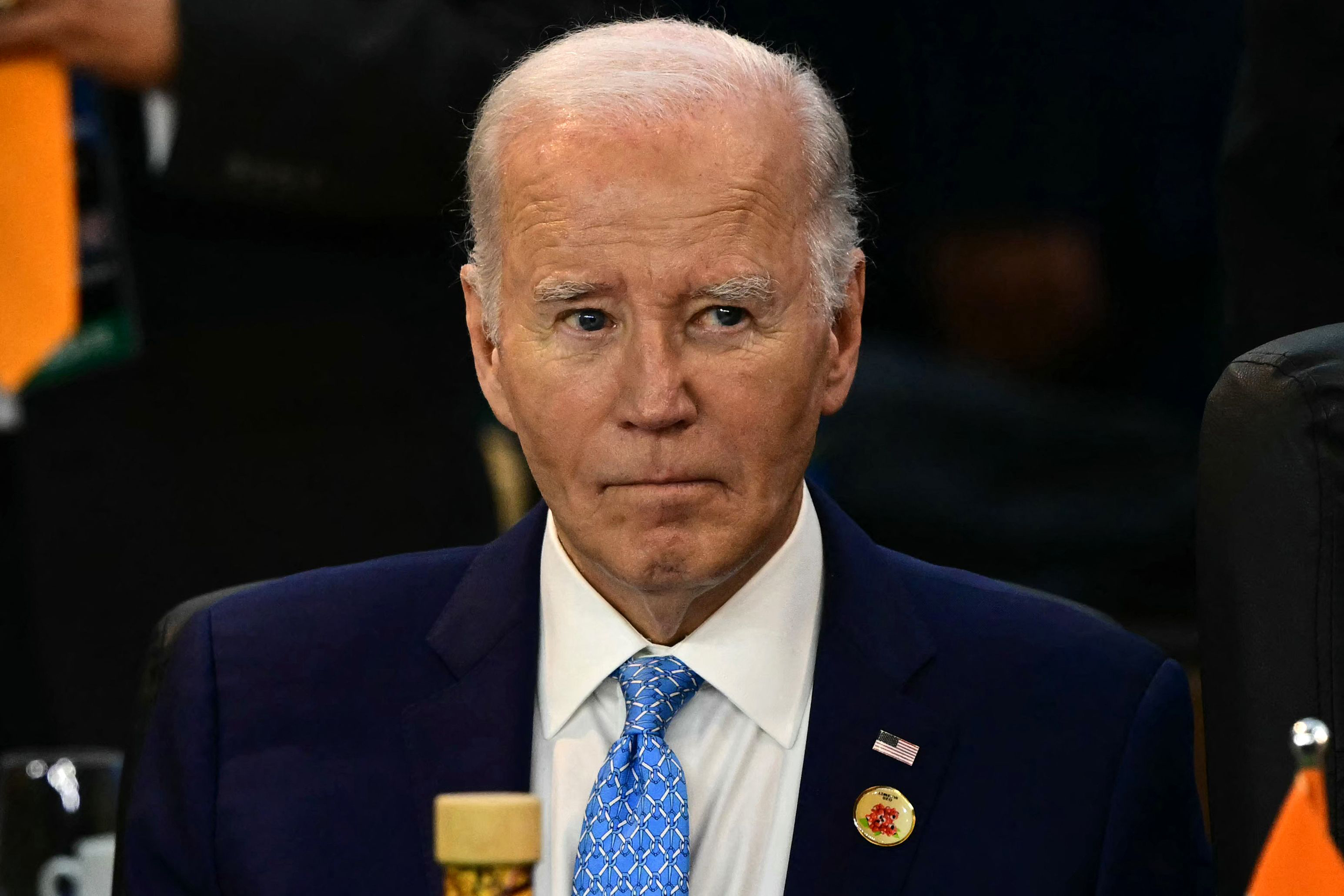
DC Edit | Biden’s move may escalate war
Deccan Chronicle
US move to allow Ukraine to use its missiles is dangerous: Russia
Hindustan Times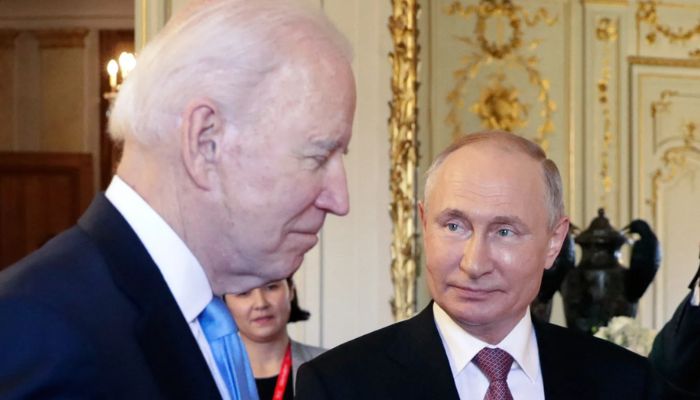
Joe Biden throwing oil on fire: Kremlin reacts to US allowing Ukraine to use American missiles to target Russia
Op India
Moscow Issues Ominous Warning Over Biden Shift On Ukraine Long-Range Weapons
Huff Post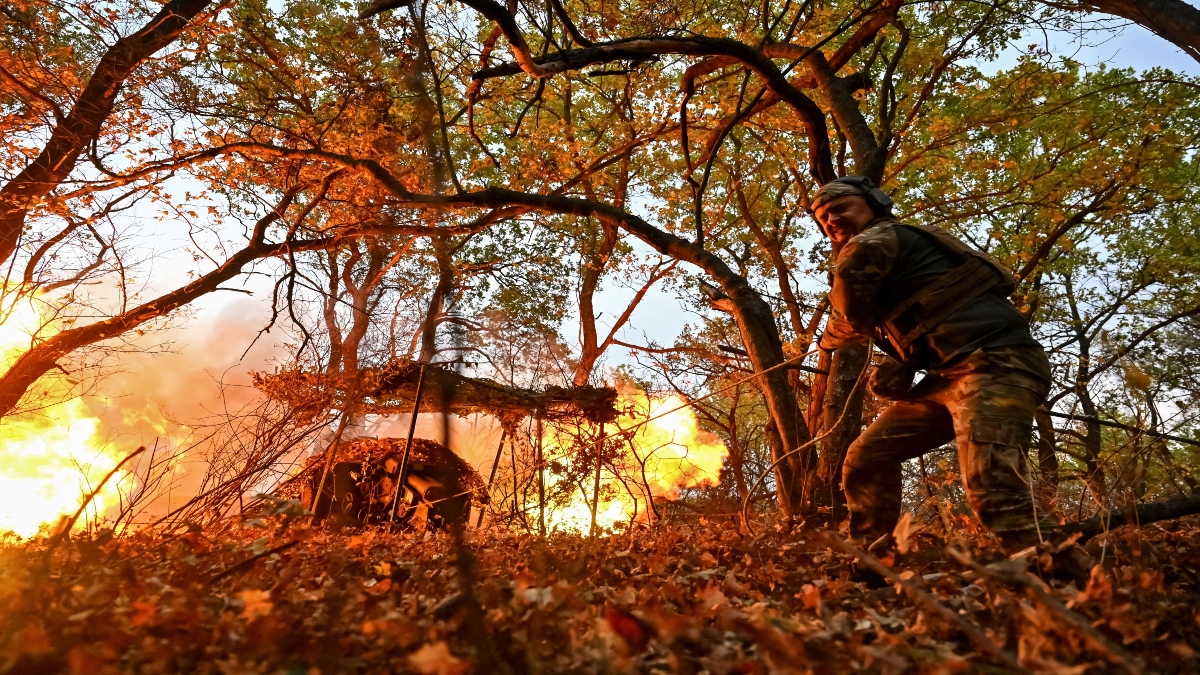)
US approval for long-range missiles to Ukraine would mark 'new round of tension', warns Kremlin
Firstpost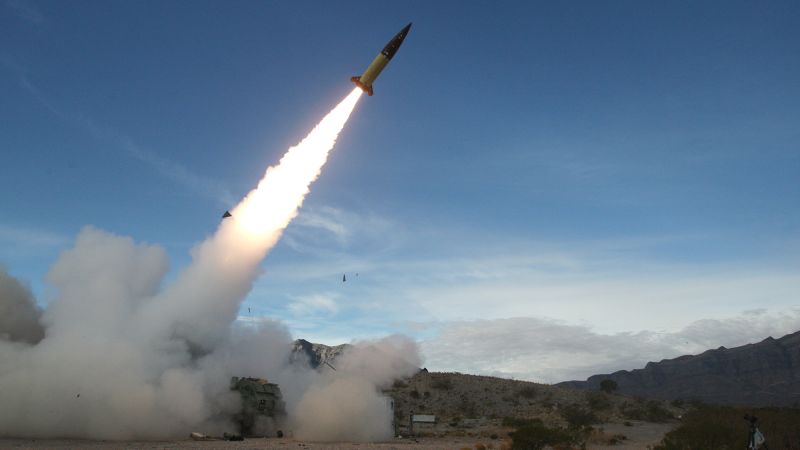
Live updates: Ukraine-Russia war, US allows Kyiv to make long-range missile strikes into Russia
CNNMoscow warns the US over allowing Ukraine to hit Russian soil with longer-range weapons
Associated Press
Is Joe Biden triggering World War III? Here’s what Donald Trump Jr alleges, ‘Gotta lock in those $Trillions’
Live Mint)
What Biden’s nod to using US long-range missiles in Russia means for the war in Ukraine
Firstpost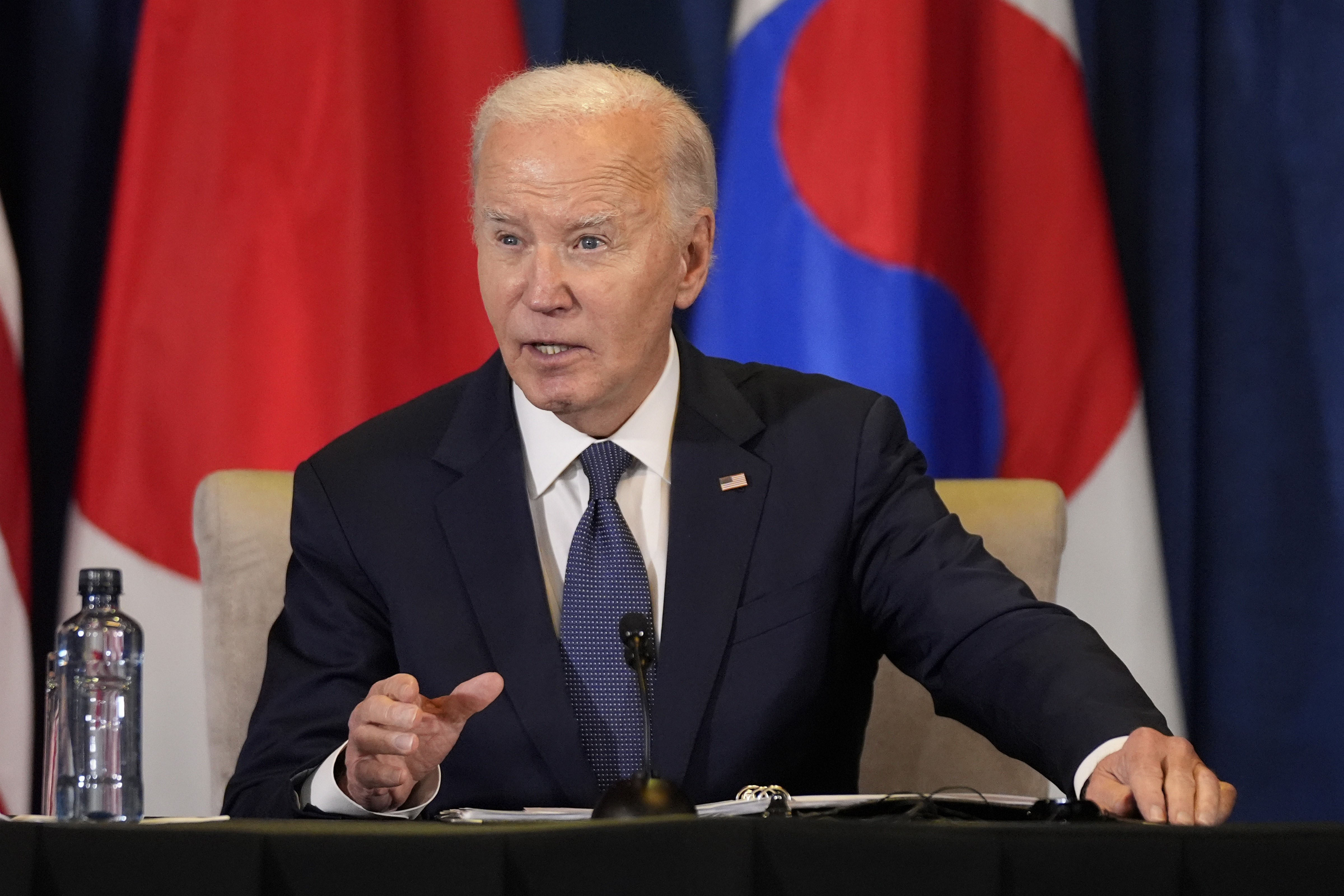
Biden clears Ukraine for long-range missile strikes inside Russia
Deccan ChronicleJoe Biden allows Ukraine to use long-range US-supplied ATACMS missiles on targets in Russia, prompting threat of world war
ABCDiscover Related

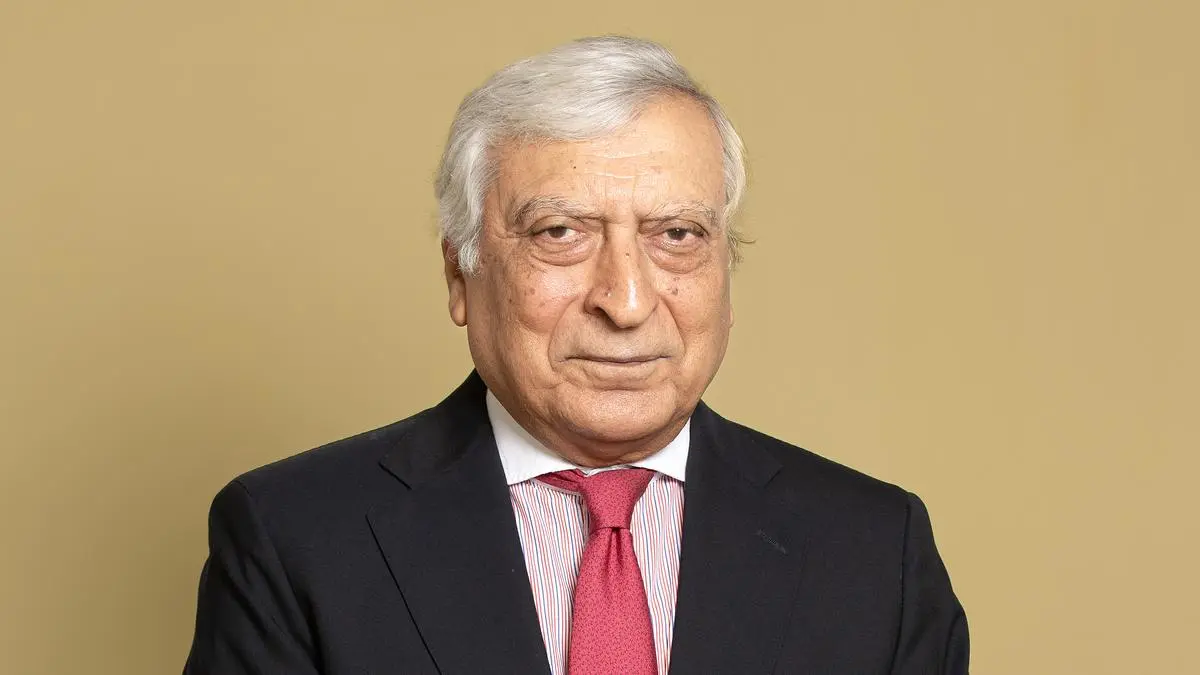

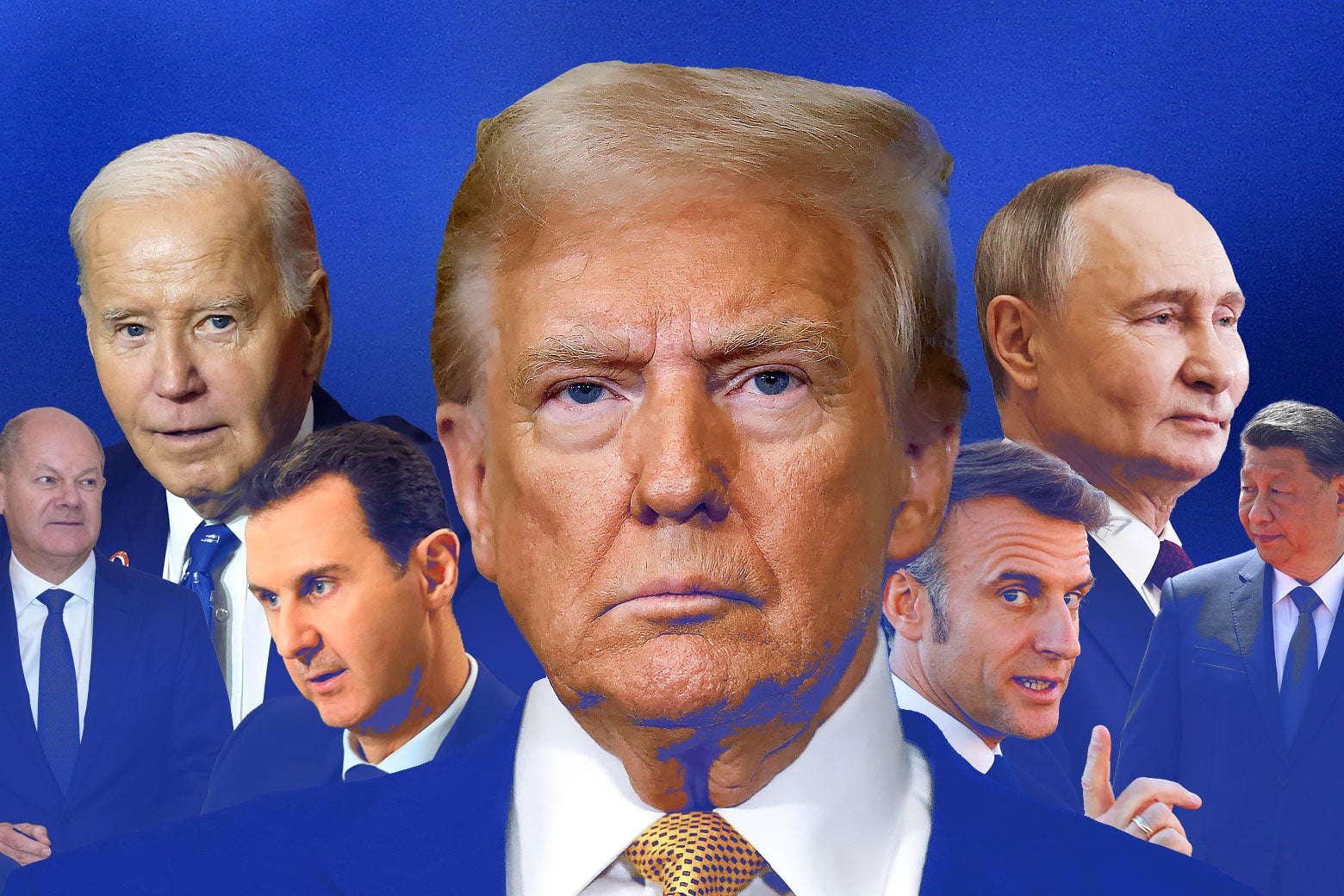








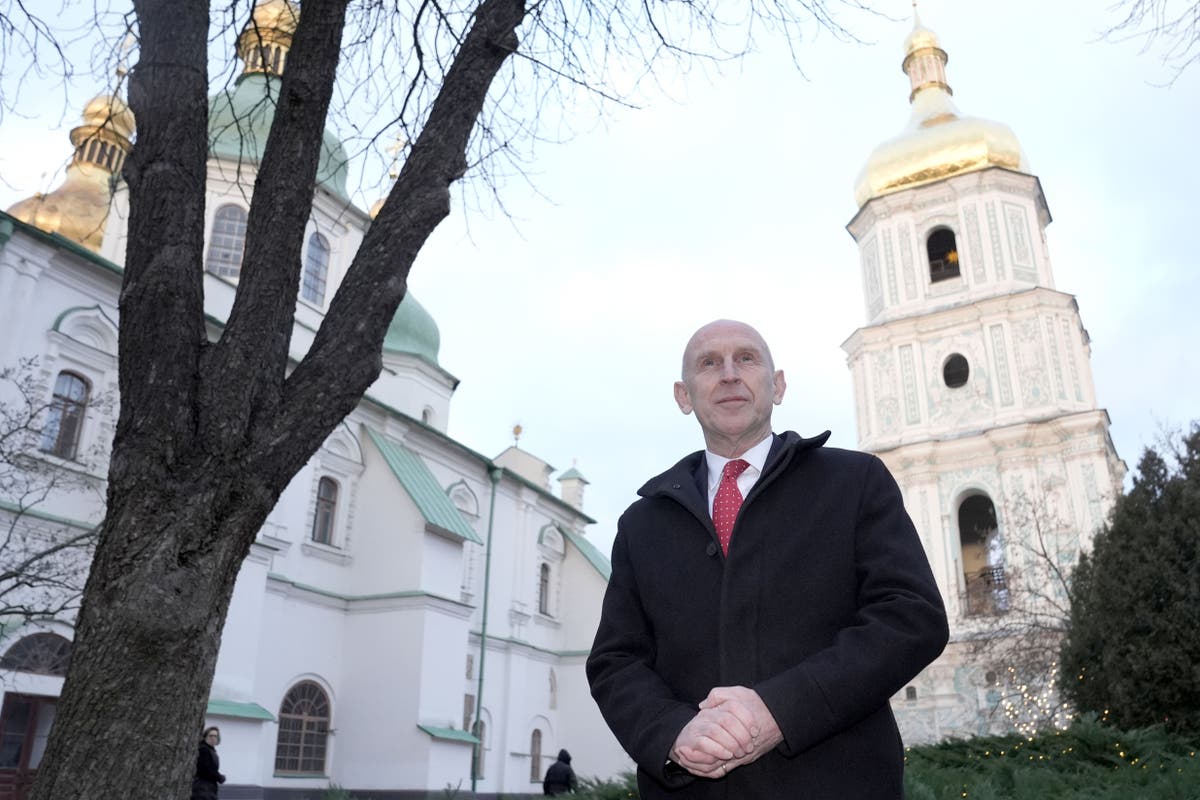

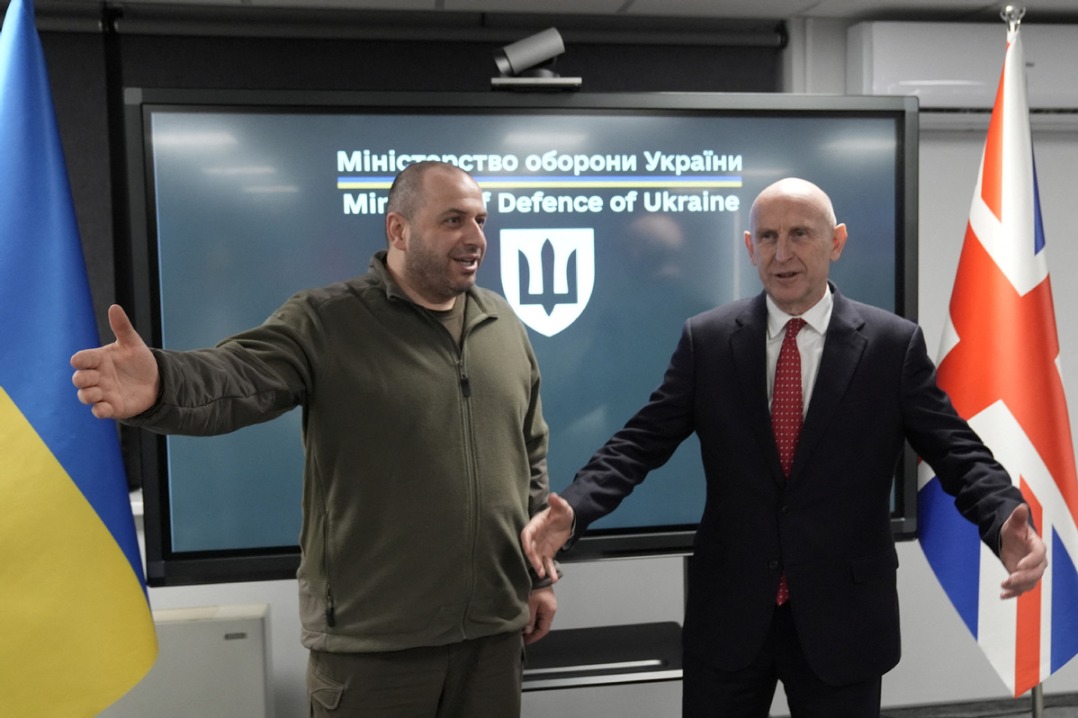




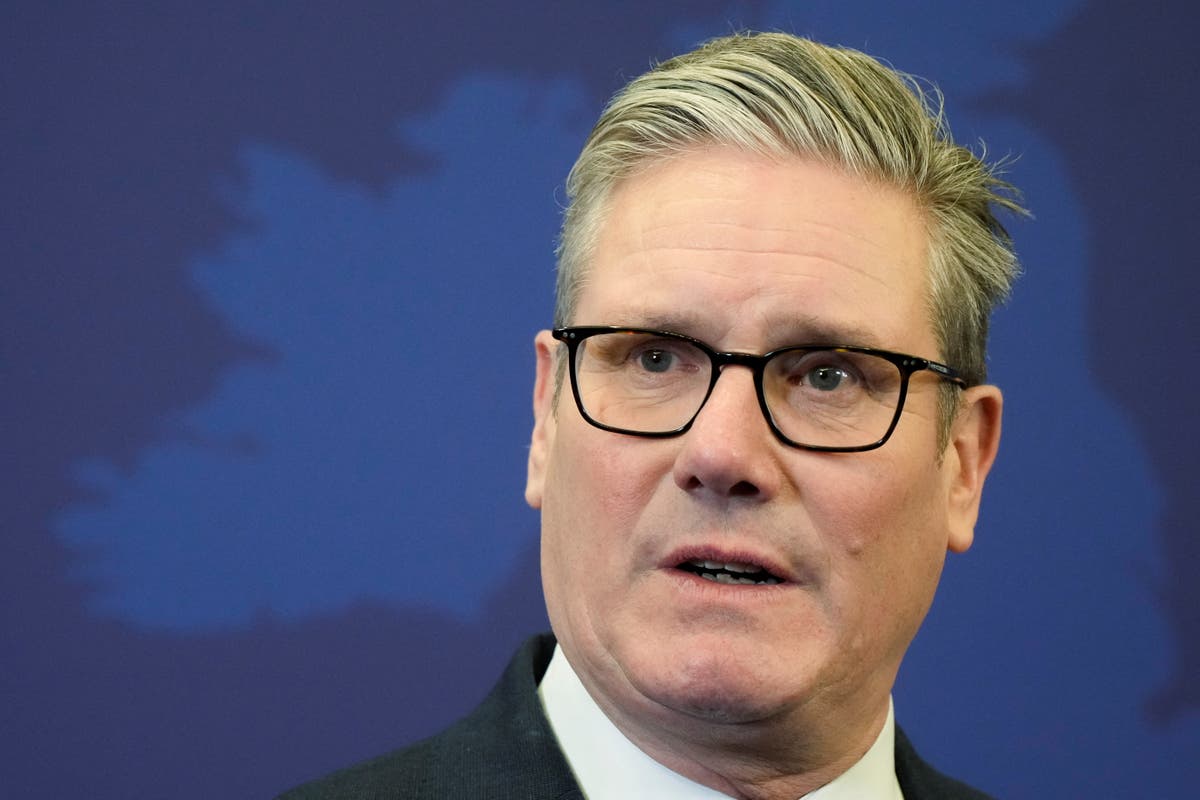
)
)



)
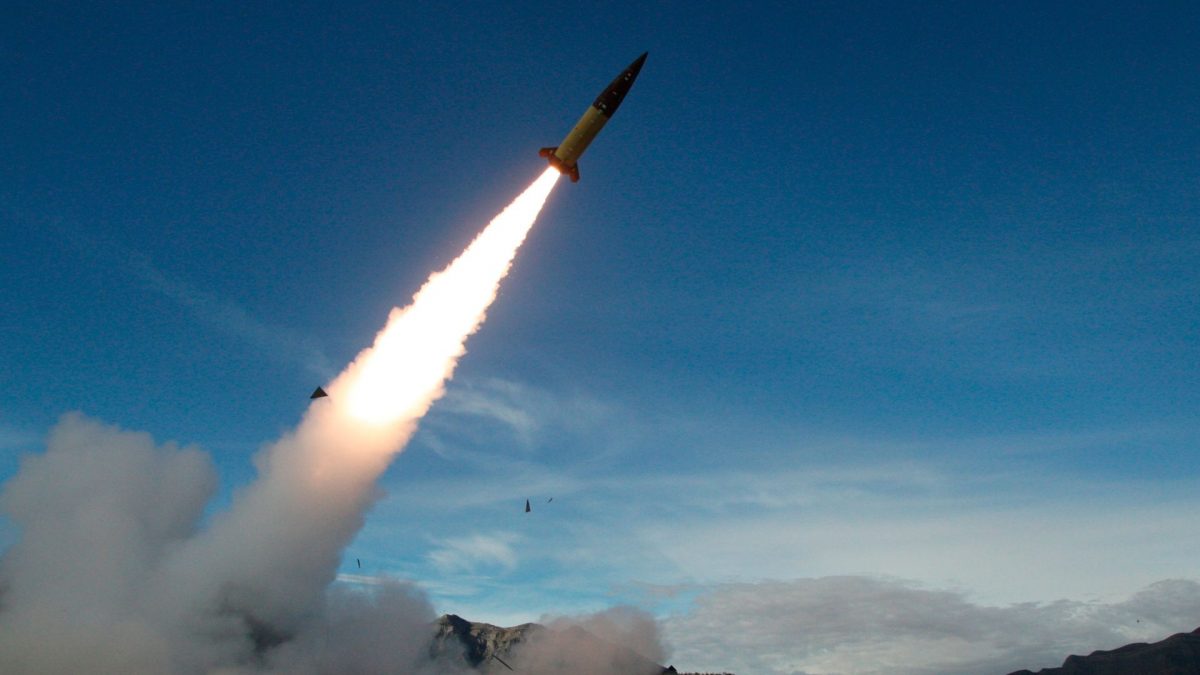)
)
